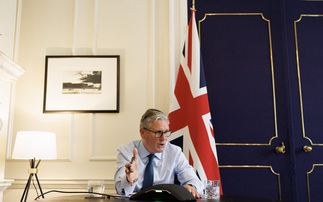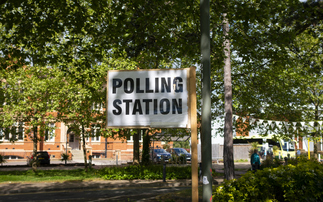Asian economic powerhouse intends to submit its emissions reduction plans to the UN later today
Japan has announced it will submit a new climate action plan to the UN later today, confirming the national emissions reduction target the government announced last month.
The country is to become the latest to submit its Intended Nationally Determined Contribution (INDC) plan to the UN detailing how it plans to reduce emissions by 26 per cent from 2013 levels by 2030.
Reports from news agency Reuters suggested the target exceeded the 18 to 21 per cent goal set by the US for the same period and the 24 per cent reduction the EU plans to deliver over the period as part of its commitment to cut emissions 40 per cent against 1990 levels.
The confirmation comes after the Japanese government finalised its power generation plan for 2030, which states the country will rely less on nuclear power than renewable energy over the next 15 years.
The Asian economic powerhouse is the world's fifth largest emitter of greenhouse gases, accounting for 2.65 per cent of global emissions.
It said that in addition to cutting emissions by more than a quarter it aims to secure 24 per cent of its energy from renewable sources by 2030.
Meanwhile, the country's Federation of Electric Power Companies said it is voluntarily targeting a 35 per cent drop in emissions per KW from 2013 levels by 2030. The group, which includes the nation's 10 main power providers, says it can reduce CO2 emissions by up to 10 million tonnes a year by installing more up-to-date technology.
Japan is the latest in a number of countries to submit its action plan to the UN, following recent announcements from China and the EU.
A report from the Grantham Institute last month stated that current INDC plans now cover more than three quarters of global emissions, although experts have repeatedly warned the targets submitted to date will not deliver on the internationally agreed goal of limiting temperature increases to 2C.
A number of analysts have previously suggested the proposed Japan emissions target is not compatible with the 2C goal and represents a watering down of the country's previous emissions reduction efforts.
However, the focus on national action plans is contributing to growing confidence that December's summit in Paris will result in a global agreement that will help mobilise clean technology investment around the world and allow governments to reassess their plans every five years to ensure emissions reductions are being delivered.
This article featured on BusinessGreen's Road to Paris hub, hosted in association with PwC.










